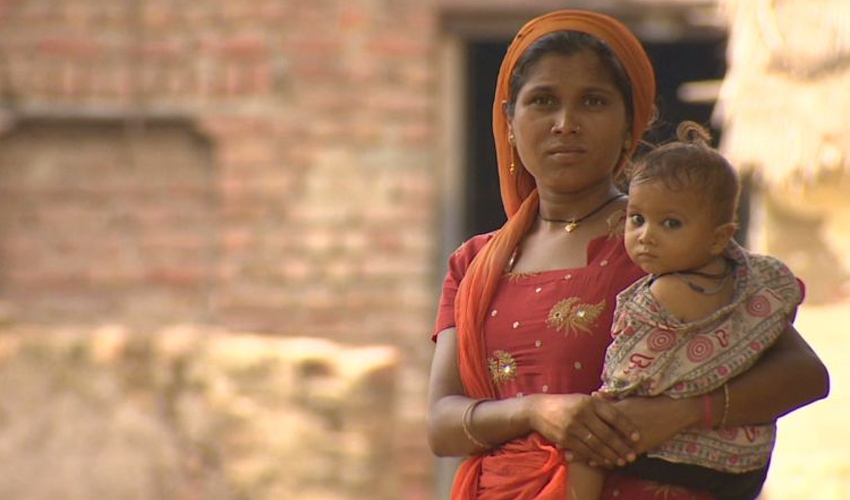India is a land rich in diversity, where every state and city showcases unique traditions and customs.
With a population exceeding 1.4 billion, the country is home to people from various cultural backgrounds, some of whom do not even speak the national language, Hindi.
Among the myriad traditions found across the nation, one in a remote village of Himachal Pradesh stands out for its unusual nature.
In the village of Pini, located in Kullu district, there is an ancient tradition where women do not wear clothes for five days during a festival that takes place in the last days of the month of Sawan.
During this period, women remain indoors, avoid meeting their husbands, and refrain from laughing or speaking much. Men, on the other hand, follow strict restrictions, abstaining from alcohol and meat.
The villagers believe that this tradition, which has been followed for centuries, is crucial to ward off evil. According to local lore, centuries ago, Pini was attacked by 'Rakshas'—mythical demons—who inflicted great harm on the women.
The god 'Lahu Ghond' is said to have appeared and saved the village by vanquishing these demons on the first day of the month of Bhadrapad. Since then, the festival has been observed annually, with the belief that wearing clothes during this time could invite another demonic attack.
Over time, the strictness of this tradition has lessened, with some women choosing to wear thin clothing or sleep during the five days.
However, the core belief remains, and the festival continues to be observed by many in the village. Outsiders are not permitted to enter Pini during this period, maintaining the sanctity and privacy of the tradition.
This unique practice, while surprising to many, is deeply rooted in the village's history and reflects the rich tapestry of customs that exist within India's diverse cultural landscape.



























